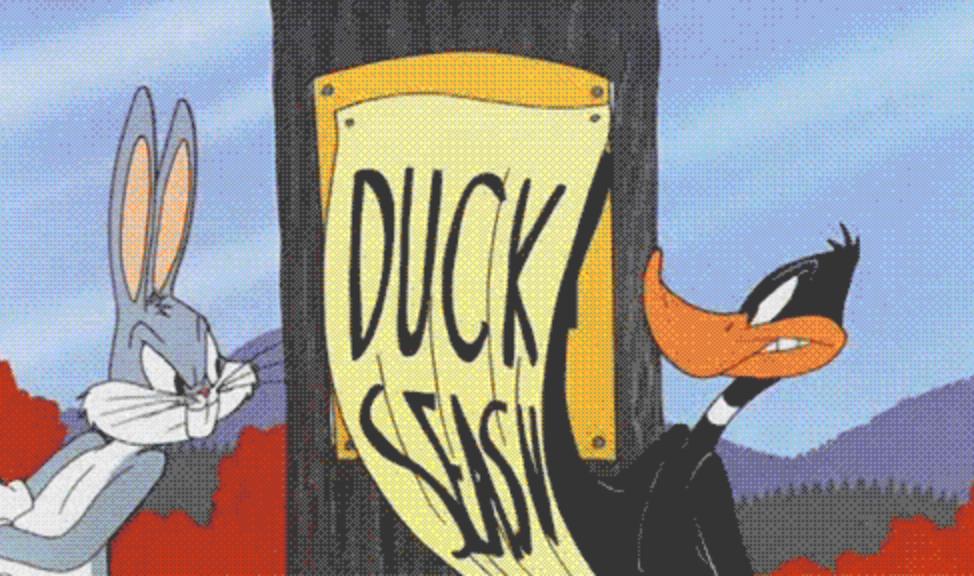
Stop Getting Offended: How to Take Writing Feedback Less Personally
March 10, 2016
Writing
It’s so easy to take feedback on your writing personally. Especially if you’re part of a startup or a small team. When you’re just getting started it can be a cruel and unusual situation to be in.
The thing is, the words you’ve written are yours and you’ve put them on paper for everyone to read. You expect perfection and nothing less.

You put your heart into a piece, and it’s taken you days. It’s a shock when your editor finds your work less than perfect. I know—I’ve been there myself and it ain’t easy.
Here’s how my first feedback session went down in my mind:
Thought 1: Someone’s reading my work, and they don’t like it.
Thought 2: Wait, they don’t like it?! That means they don’t like me? Oh boy, that’s a punch to the stomach.
Thought 3: I put my heart into this, and they hate it. Woah, hold on there, PAL! That’s my writing you’re talking about. Back off!
Yes, a slight overreaction. I bet it’s happened to you too. So why is taking feedback so stressful? It all comes down to psychology. We perceive feedback as a social threat and we take a defensive stance.
According to Ed Batista, feedback can affect your physiological, emotional, and cognitive responses which results in confusing mess of emotions.
Taking Feedback Personally Is a Habit
Sure, you’ve had feedback on your work before in school, but it’s different when you’re writing for your company. When it’s academic you feel somehow unattached to the piece. It’s there to be graded and you expect to get some feedback.
Like everything else, taking what people say personally is a habit. It took me a long time to realize this
Sean Burrows, PickTheBrain
There’s some things you can do, though. You need to start getting rid of the habit. It’s no fun to bottle up your emotions, and it can ruin the rest of your day.
Here’s how to start taking feedback with an open mind, instead of personally.
Be Open About Your Feelings
When you’re feeling angry or upset about your work being edited, it’s time to take a step back and be honest with your teammate.
When I started writing for Contentacle I can’t say I was best pleased when Jake was ripping my work apart—at least, that’s what it felt like to me!
You know what? I wasn’t telling him that, and it was affecting my writing the next week, and the week after that.
It was time to tell him how I felt about the feedback, and time for him to tell me how he felt about my writing. Once we understood each others’ view points, it was a whole lot easier to take the feedback on board and improve my writing.
Take a Step Back and Think
When your heart is on paper, and you’ve handed that piece of content you so lovingly created to your editor, it’s difficult not to feel attached and get offended. But you need to take a step back.
When someone’s editing your work, make sure your emotions don’t get the better of you. You need to dull your emotions, although you still need to say something if you disagree. It’s still your writing at the end of the day.
When they’re giving you feedback, think about:
- Why they might be saying what they’re saying
- How you can improve from it
- How to avoid the same mistake in the future
Don’t forget: it takes the editor time and effort too. I’m sure they have plenty of other things to be getting on with, but they’re taking the time out to take your content from good to great.
Sit Down, Listen, and Improve
Just handing the content to your editor and expecting them to get on with it isn’t a fair thing to do. You need to be involved from idea to publishing.
Take the time out and sit down (or Skype call) with your editor when they’re ready to edit your piece. This has been invaluable to me as a writer. It may seem like a waste of time, but they can give you actionable, immediate feedback on your work.
By watching them edit, you can start to see patterns in the way they watch out for mistakes or improve the piece. Naturally, that’ll transfer when you start to write the next article and you’ll cut out the middleman.
This means it’ll take you both less time and you’ll improve your writing style. Pretty neat, eh?
We all need people who will give us feedback. That’s how we improve.
Bill Gates
It’s time to take the editing process less personally. The only way to improve your writing is to get feedback from someone else. It may be difficult at the start of your writing journey, but by taking the right steps you can avoid a ruined relationship and build a better readership.